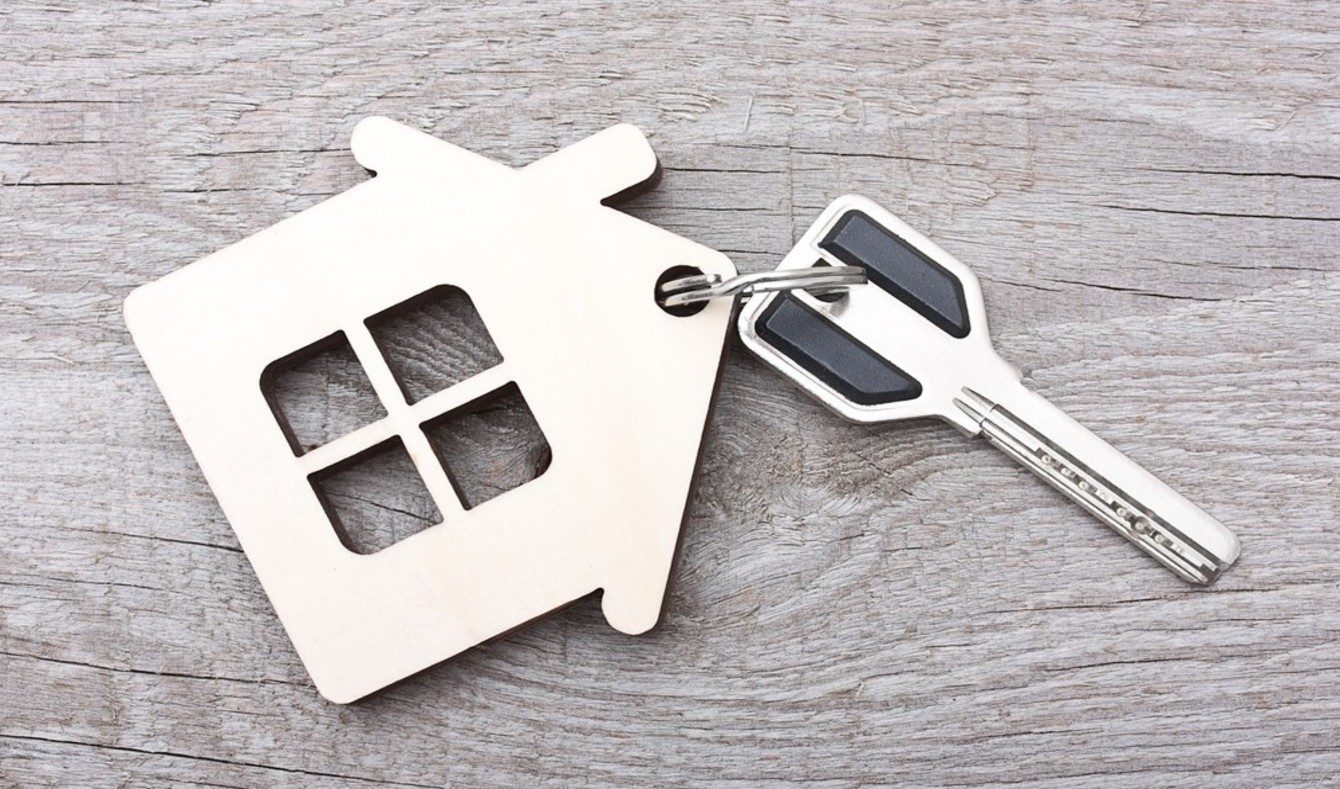Around 210,000 private housing units on the market are considered unfit by the public authorities due to the health or safety risks they pose to their inhabitants. The ALUR (Access to housing and urban renewal) law now equips local communities with the means to combat this situation. Below, a closer look at the measure, in effect since 5 April 2017.
1. Where is it mandatory to obtain a permit to lease?
Communes (parishes) and EPCIs (inter-parish cooperatives) that wish to do so may identify geographic zones in which they have observed significant residential decay. The measure can be used to target specific types of housing units (e.g. granny flats, studios) or specific buildings or groups of buildings within the demarcated zones. Leasing permits are not required outside of these zones.
2. Are there any exceptions?
Any housing unit located in a demarcated zone falls within the measure’s purview. However, the measure excludes tourist rentals, commercial leases, and lease renewals or renegotiations.
3. What steps must the lessor take?
There are 3 administrative documents relevant to the process:The CERFA 15651 form declaring intent to leaseThe form requesting prior authorisation to lease residential property (the CERFA 15652 home inspection report must be attached to the form)The CERFA 15663 form declaring the transfer of prior authorisation to lease residential property These documents are available to download at service-public.fr. They should be submitted to the relevant EPCI or city hall.
4. When should the declaration of intent to lease be made?
Leased property must be declared within 15 days following the signing of a new lease agreement. Prior authorisation must be obtained before the lease agreement is signed. It can take up to one month to obtain prior authorisation. Proof of prior authorisation must be attached to every new lease agreement or lease renewal.
5. What should be done if the request is denied?
Authorisation may be denied or “frozen” until the completion of works or specific improvements required to meet health and safety regulations. The administration takes care to specify the exact nature of works required in its response. The decision to deny authorisation is communicated to the tax authorities, the Caisse d’allocations familiales (the public housing authority) and the Caisse de mutualité sociale agricole (the farming assistance authority). Any lessor entering into a lease after having been denied authorisation faces a fine of up to €15,000.
6. What happens if the lessor fails to submit a request for authorisation?
A lessor who fails to submit a request for authorisation and proceeds to lease the property faces a maximum fine of up to €5,000, and up to €15,000 for a repeat offence occurring within three years of the initial offence.
7. What happens if the property changes ownership?
In the event of sale or transfer of ownership of the housing unit, the new owner must fill out and submit a declaration of transfer of ownership to the relevant authorities (CERFA 15663).
8. Can the lessee face any penalties?
The lessee’s lease will remain unaffected in the event that prior authorisation was not granted. However, in order to take advantage of the option to have the lessee’s housing assistance payments made directly to the lessor, proof of receipt of the declaration of intent to lease is required.
9. How long is the permit valid?
If the property is not leased within two years of the issuance of the permit, the prior authorisation to lease becomes null and void. It is still too early to evaluate this new measure enacted with a view to thwarting slum lords. If you are the owner of unfit residential property, Anah (the National Housing Agency) offers assistance to help offset the cost of housing improvements.


